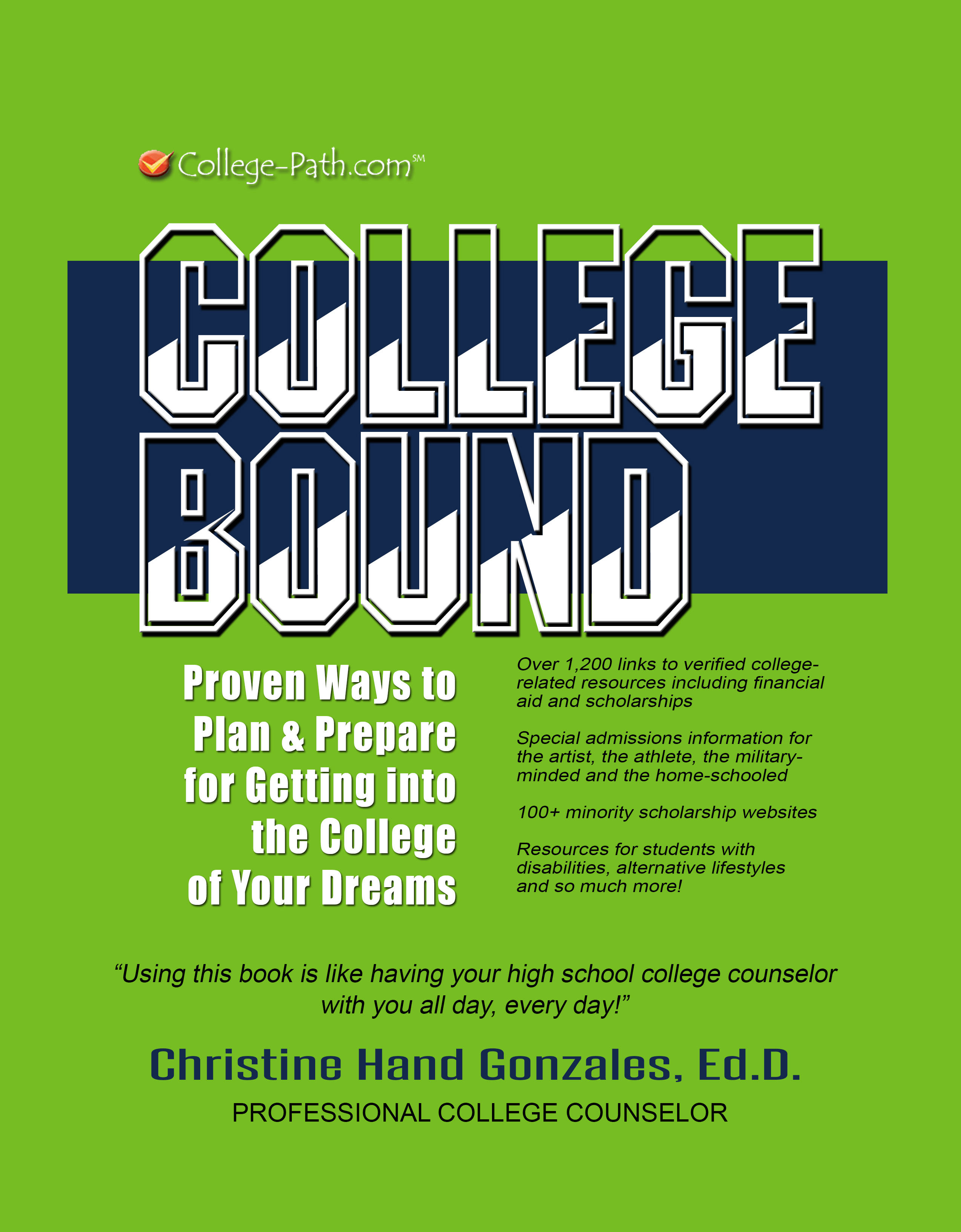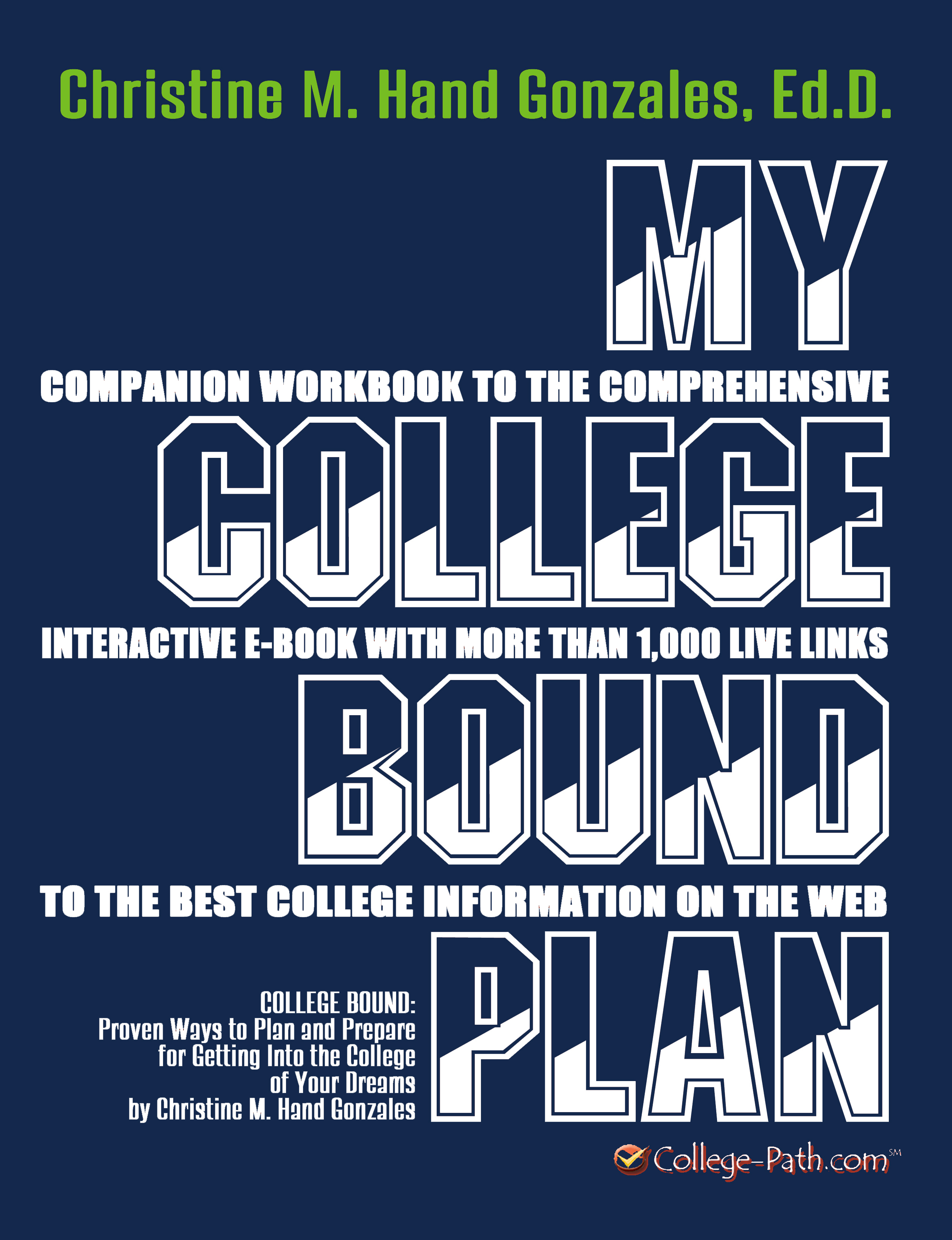 Do you find yourself taking a trip down memory lane while your child excitement builds as they pack the car to head off to college, start a military career, or get their first apartment? You may feel shaky, sad, confused, or relieved. Parents react differently to an empty nest. It is a time of change, a time to look at your child’s needs and your needs. It can be a fresh beginning. Here are several tips to help you cope with this period of your life.
Do you find yourself taking a trip down memory lane while your child excitement builds as they pack the car to head off to college, start a military career, or get their first apartment? You may feel shaky, sad, confused, or relieved. Parents react differently to an empty nest. It is a time of change, a time to look at your child’s needs and your needs. It can be a fresh beginning. Here are several tips to help you cope with this period of your life.
Rest. Take some time for yourself while you adjust to the change and try to figure out how you really feel. Drastic changes may only cause regret later, so hold off on the redecorating.
Exercise. If you find yourself sad or depressed, exercise is a way to lift your mood. Find a friend or work out buddy to help you start a new routine. Avoid those fatty foods, chocolate and cocktails. Opt for a round of yoga, aerobics, weight training, and healthy eating.
Reconnect with others. Revisit your relationships. If you are single, you may want to get out and mingle. If you are married and you have spent decades focusing on your children, find new energy to reconnect with your loved one.
Follow your passion. Do you like to volunteer? What about going back to school? Think about taking on some new life-enriching activities.
Set a schedule for communication. Many parents worry that they will lose contact with their child. Even if you text or email, Skype or FaceTime, set a regular phone date with your child once a week. This will ease your mind and give them some sense of freedom.
For more articles on the empty nest, read College Bound: Proven Ways to Prepare and Plan for Getting Into the College of Your Dreams at https://www.college-path.com.
 out about Advanced Placement courses:
out about Advanced Placement courses:









